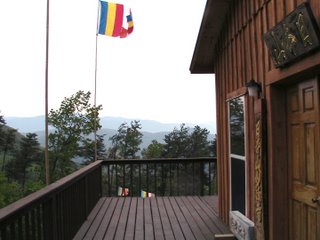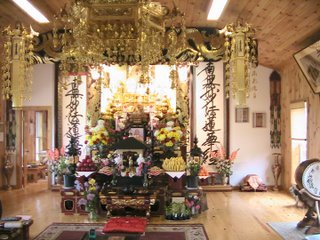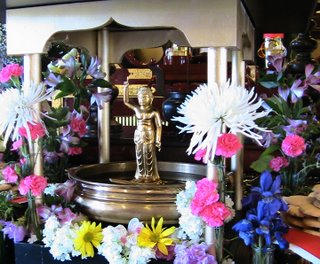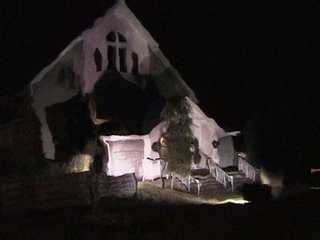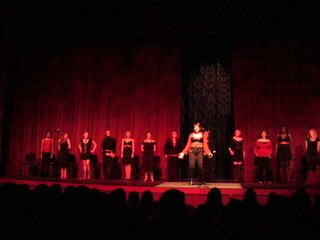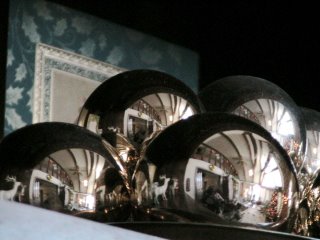
Season's Greetings to all! And if you still reckon these seasons according to the traditional ways, then Merry Christmas! Also - Happy New Year, Happy Hanukkah, Merry Menorah, may your Yule Log burn brightly, may St. Nicholas have undue compassion upon you, may you even have a Festive Saturnalia (if you [or perhaps some of your acquaintances] consider yourself to be pre-Christian), just - not too festive; and if you are Buddhist, you might just want to sit quietly neither affirmng nor denying - happily so, of course.
I have changed my own personal greeting from “Merry Christmas” and “Happy New Year” to something like this: “May you have a merry holiday season and a happy Christmas day,” This based on an examination of the two modifiers used:
MERRY (I think more suited to carefree pleasures of celebration associated with the New Year's Eve):
1 Full of high-spirited gaiety; jolly.
2 Marked by or offering fun and gaiety; festive
3 Archaic. Delightful; entertaining.
HAPPY ( I think more suited to the spirit of commemorating the arrival of the Christ.)
1 Feeling of being Fortunate .
2 Enjoying, showing, or marked by satisfaction, or joy.
3 Being especially well-adapted; felicitous.
4 Cheerful; willing: happy to help.
Also in response to the the slogan: “Remember the reason for the season” Christmas did not begin to be celebrated as a Christian holiday anywhere until the year 347 (?). For 200,000 years (this is just a wild and reckless guess) mankind has celebrated Saturnalia usually around December 21st in the northern latitudes.
Christ’s birth really must have taken place some where around the middle of April. Astrologically, one author places it on April 17, 6 BC. (Michael Molnar, "The Star of Bethlehem: The Legacy of the Magi". Rutgers University Press, 1999. ISBN 08135-270-5) Dr. Molnar bases his concept on belief that the Maji were not astronomers (there weren’t any back then) but they were astrologers. And if you will read his book he points out a “fantastic combination” of astrological signs around April 17, 6 B.C. I have corrensponded with Dr. Molner and pointed out to him that there is also a corresponding assertion in a book on Gnani Yoga written by Yogi Ramacharaka in 1906. Dr. Molner said he was not aware of that.
Then there is the Horned God - perhaps the oldest male deity in European history. Images of him date back to prehistoric cave drawings in Lascaux, France. He appeared as Pan Pangenitor to the ancient Greeks, and as Cernunnos to the Celts, and as numerous other horned or antlered fertility deities across Europe. On the eve of the Winter's Solstice, he was believed to impregnate the cold, dead Earth Mother, so that she would resurrect and give birth to new, green life in the spring.
The celebration of the Solstice was officially forbidden by the Christian Church, but continued on among peasants and nobles nonetheless. Finally, in the Fourth Century, Pope Julius I acquiesced and created the holiday we now know as Christmas, substituting the birth of Jesus (which many historians have placed in September [that was pre-Molner]) for the veneration of the Pangenitor in an attempt to transform the pagan holiday into a Christian one. Still, the figure of the Horned God survived into the character we today know as "Santa Claus," the "Old Man of the North," the ancient, furry, man in red who is borne aloft by a team of horned bucks and "delivers the goods" to the entire planet in one magical night....
Well, food for thought. Meanwhile, may you be blessed with a
Happy Christmas Day and a Merry New Year’s Eve!
© John Womack, 2006. All rights reserved.



